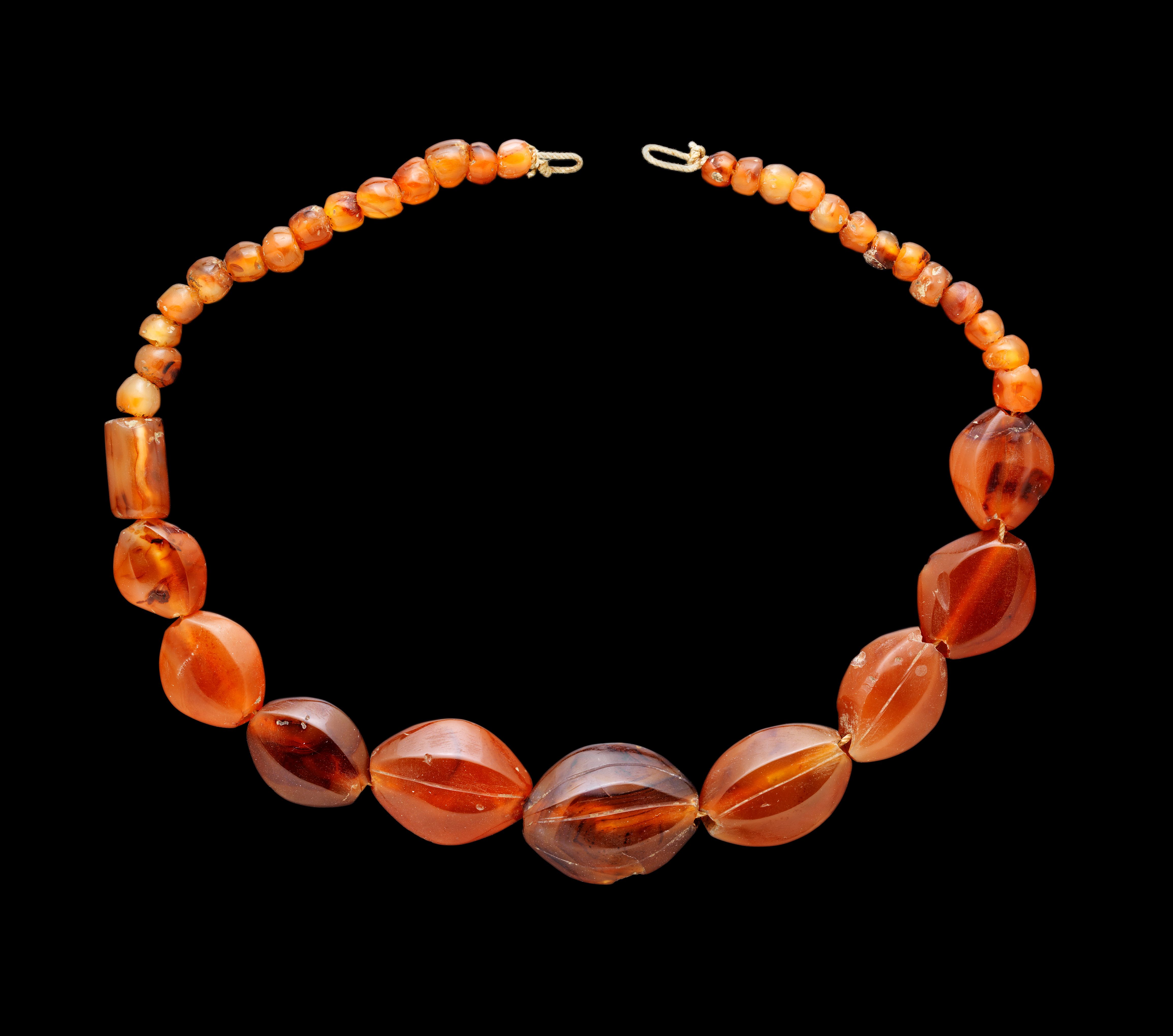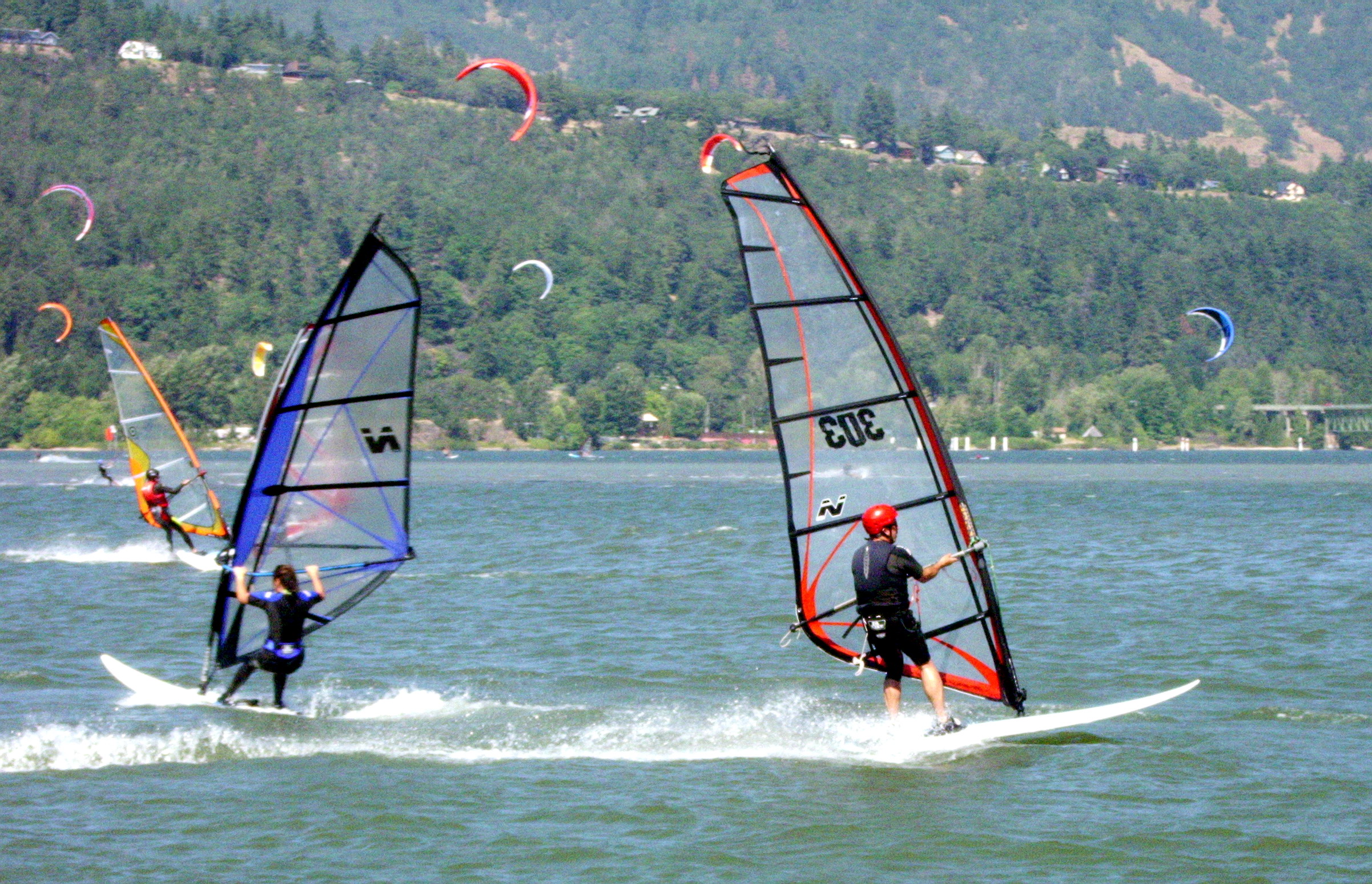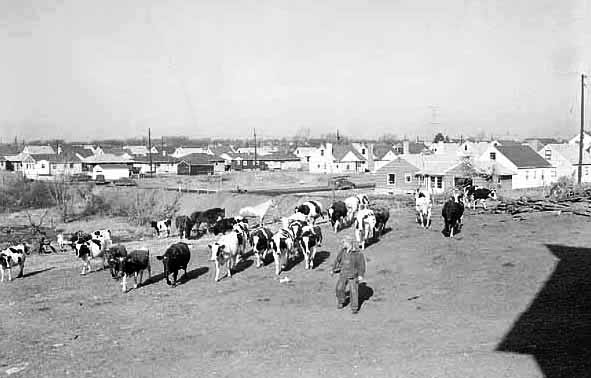|
Trianta
Ialysos (, before 1976: Τριάντα ''Trianta'') is a town and a former municipality on the island of Rhodes, in the Dodecanese, Greece. Since the 2011 local government reform it is part of the municipality Rhodes, of which it is a municipal unit. The municipal unit has an area of 16.7 km2. It is the second-largest town on the island of Rhodes. It has a population of approximately 13,000, and is located eight kilometres () west of the town of Rhodes, the island's capital, on the island's northwestern coast. Overview The town is situated near the site of the ancient Doric ''polis'' of Ialysus, homeland of the famous ancient boxer Diagoras of Rhodes. The municipal unit consists of the town Trianta/Ialysos and the surrounding areas. While official sources use Trianta as a name for the town, and Ialysos for the whole municipal unit, unofficial usage tend to favour Ialysos to describe both the modern town and the municipal unit. Until the mid-1980s Trianta/Ialysos was a ... [...More Info...] [...Related Items...] OR: [Wikipedia] [Google] [Baidu] |
Rhodes Filerimos3 Tango7174
Rhodes (; ) is the largest of the Dodecanese islands of Greece and is their historical capital; it is the ninth largest island in the Mediterranean Sea. Administratively, the island forms a separate municipality within the Rhodes regional unit, which is part of the South Aegean administrative region. The principal town of the island and seat of the municipality is the city of Rhodes, which had 50,636 inhabitants in 2011. In 2022, the island had a population of 125,113 people. It is located northeast of Crete and southeast of Athens. Rhodes has several nicknames, such as "Island of the Sun" due to its patron sun god Helios, "The Pearl Island", and "The Island of the Knights", named after the Knights of Saint John of Jerusalem, who ruled the island from 1310 to 1522. Historically, Rhodes was famous for the Colossus of Rhodes, one of the Seven Wonders of the Ancient World. The Medieval Old Town of the City of Rhodes has been declared a World Heritage Site. During the early ... [...More Info...] [...Related Items...] OR: [Wikipedia] [Google] [Baidu] |
Rhodes
Rhodes (; ) is the largest of the Dodecanese islands of Greece and is their historical capital; it is the List of islands in the Mediterranean#By area, ninth largest island in the Mediterranean Sea. Administratively, the island forms a separate municipality within the Rhodes (regional unit), Rhodes regional unit, which is part of the South Aegean Administrative regions of Greece, administrative region. The principal town of the island and seat of the municipality is the Rhodes (city), city of Rhodes, which had 50,636 inhabitants in 2011. In 2022, the island had a population of 125,113 people. It is located northeast of Crete and southeast of Athens. Rhodes has several nicknames, such as "Island of the Sun" due to its patron sun god Helios, "The Pearl Island", and "The Island of the Knights", named after the Knights Hospitaller, Knights of Saint John of Jerusalem, who ruled the island from 1310 to 1522. Historically, Rhodes was famous for the Colossus of Rhodes, one of the Sev ... [...More Info...] [...Related Items...] OR: [Wikipedia] [Google] [Baidu] |
South Aegean
The South Aegean (, ) is one of the thirteen administrative regions of Greece. It consists of the Cyclades and Dodecanese island groups in the central and southeastern Aegean Sea. Administration The South Aegean region was established in the 1987 administrative reform. With the 2010 Kallikratis plan, its powers and authority were redefined and extended. Along with the North Aegean region, it is supervised by the Decentralized Administration of the Aegean based at Piraeus. The capital of the region is situated in Ermoupoli on the island of Syros. The administrative region includes 50 inhabited islands, including the popular tourism destinations of Mykonos, Santorini and Rhodes. Until the Kallikratis reform, the region consisted of the two prefectures of the Cyclades (capital: Ermoupoli) and the Dodecanese (capital: Rhodes). Since 1 January 2011 it is divided into 13 regional units, formed around major islands: * Andros * Kalymnos * Karpathos-Kasos * Kea-Kyth ... [...More Info...] [...Related Items...] OR: [Wikipedia] [Google] [Baidu] |
Timocreon
Timocreon of Ialysus in Rhodes (, ''gen''.: Τιμοκρέοντος) was a Greek lyric poet who flourished about 480 BC, at the time of the Persian Wars. His poetry survives only in a very few fragments, and some claim he has received less attention from modern scholars than he deserves. He seems to have composed convivial verses for drinking parties. However, he is remembered particularly for his bitter clashes with Themistocles and Simonides over the issue of his medizing (siding with the Persian invaders), for which he had been banished from his home around the time of the Greek victory at the Battle of Salamis. He was also an athlete of some distinction and reputedly a glutton. An epitaph for him, appearing in the ''Palatine Anthology'', was credited to his rival, Simonides: "After much drinking, much eating and much slandering, I, Timocreon of Rhodes, rest here." Life and poetry Plutarch is the main source of information about Timocreon's role as a medizer and enemy of ... [...More Info...] [...Related Items...] OR: [Wikipedia] [Google] [Baidu] |
Football League (Greece)
The Football League () was the second highest professional football league in Greece since its inception in 1962 as ''Beta Ethniki'' and until 2019. It then served as a third tier after the creation of the Super League 2 as the new second tier and it was eventually abolished in 2021 when the 2021–22 Super League 2 went from a 12 team to a 36 team league, absorbing most of the clubs from the Football League. History As the Second National Division (1962–2019) As the second tier of the Greek football league system, the Beta Ethniki was formally established in the fall of 1962, replacing the informal Greek FCA Winners' Championship, which at the time had tried various experimental formats towards establishing a second national football Division. All participating clubs had to disengage from their local football clubs associations' championships as a prerequisite for eligibility. In its early years, the competition format was frequently altered each season. The competitio ... [...More Info...] [...Related Items...] OR: [Wikipedia] [Google] [Baidu] |
Gamma Ethniki
The Gamma Ethniki (, C National Division) is the Greek football league system, third highest football league in Greece. History The Gamma Ethniki began in 1965 as an amateur championship, while in 1983 it was changed to professional. Although not literally national (it is divided into ''North'' and ''South'' groups), Football League 2 is considered as a national division. On 3 August 2010, it was announced that the division had been renamed ''Football League 2''. From season 2013–14, the football League 2 was merged with the Delta Ethniki, fourth division championship (Delta Ethniki) and renamed Gamma Ethniki once more. The new third division is held in six groups, with the clubs divided on the basis of geographical criteria, while it returns in an amateur form. From season 2014–15 until season 2016–17 the league was held in four groups, with the clubs divided basis of geographical criteria. The champion of each group was promoted to Super League Greece 2, Super League 2. ... [...More Info...] [...Related Items...] OR: [Wikipedia] [Google] [Baidu] |
GAS Ialysos 1948 F
Gas is a state of matter that has neither a fixed volume nor a fixed shape and is a compressible fluid. A ''pure gas'' is made up of individual atoms (e.g. a noble gas like neon) or molecules of either a single type of atom (chemical element, elements such as oxygen) or from different atoms (chemical compound, compounds such as carbon dioxide). A ''gas mixture'', such as air, contains a variety of pure gases. What distinguishes gases from liquids and solids is the vast separation of the individual gas particles. This separation can make some gases invisible to the human observer. The gaseous state of matter occurs between the liquid and plasma states, the latter of which provides the upper-temperature boundary for gases. Bounding the lower end of the temperature scale lie degenerative quantum gases which are gaining increasing attention. High-density atomic gases super-cooled to very low temperatures are classified by their statistical behavior as either Bose gases or Fermi gase ... [...More Info...] [...Related Items...] OR: [Wikipedia] [Google] [Baidu] |
Wind-surfing
Windsurfing is a wind-propelled water sport that is a combination of sailing and surfing. It is also referred to as "sailboarding" and "boardsailing", and emerged in the late 1960s from the Californian aerospace and surf culture. Windsurfing gained a popular following across Europe and North America by the late 1970s and had achieved significant global popularity by the 1980s. Windsurfing became an Olympic sport in 1984. History Newman Darby of Pennsylvania created a rudderless "sailboard" in 1964 that incorporated a pivoting "square rigged" or "kite rigged" sail which allowed the rider to steer a rectangular board by tilting the sail forward and back. Darby's design however had notable performance limitations. Unlike the modern windsurfer design, Darby's sailboard was operated "back winded", with the sailor's back to the lee side of a kite-shaped sail. This much less efficient and less desirable sailing position is opposite of how a modern windsurfer is operated. Jim Drake, ... [...More Info...] [...Related Items...] OR: [Wikipedia] [Google] [Baidu] |
Windward
In geography and seamanship, windward () and leeward () are directions relative to the wind. Windward is ''upwind'' from the point of reference, i.e., towards the direction from which the wind is coming; leeward is ''downwind'' from the point of reference, i.e., along the direction towards which the wind is going. The side of a ship that is towards the leeward is its "lee side". If the vessel is heeling under the pressure of crosswind, the lee side will be the "lower side". During the Age of Sail, the term ''weather'' was used as a synonym for ''windward'' in some contexts, as in the '' weather gage''. Since it captures rainfall, the windward side of a mountain tends to be wetter than the leeward side it blocks. The drier leeward area is said to be in a rain shadow. Origin The term "windward" has roots in both Low German and Old English. The word "lee", which means a place without wind, comes from the Old Norse "hle" for "cover" and has been used in marine navigation ... [...More Info...] [...Related Items...] OR: [Wikipedia] [Google] [Baidu] |
Suburban
A suburb (more broadly suburban area) is an area within a metropolitan area. They are oftentimes where most of a metropolitan areas jobs are located with some being predominantly residential. They can either be denser or less densely populated than the city and can have a higher or lower rate of detached single family homes than the city as well. Suburbs can have their own political or legal jurisdictions, especially in the United States, but this is not always the case, especially in the United Kingdom, where most suburbs are located within the administrative boundaries of cities. In most English-speaking countries, suburban areas are defined in contrast to central city or inner city areas, but in Australian English and South African English, ''suburb'' has become largely synonymous with what is called a "neighborhood" in the U.S. Due in part to historical trends such as white flight, some suburbs in the United States have a higher population and higher incomes than their nea ... [...More Info...] [...Related Items...] OR: [Wikipedia] [Google] [Baidu] |
Population
Population is a set of humans or other organisms in a given region or area. Governments conduct a census to quantify the resident population size within a given jurisdiction. The term is also applied to non-human animals, microorganisms, and plants, and has specific uses within such fields as ecology and genetics. Etymology The word ''population'' is derived from the Late Latin ''populatio'' (a people, a multitude), which itself is derived from the Latin word ''populus'' (a people). Use of the term Social sciences In sociology and population geography, population refers to a group of human beings with some predefined feature in common, such as location, Race (human categorization), race, ethnicity, nationality, or religion. Ecology In ecology, a population is a group of organisms of the same species which inhabit the same geographical area and are capable of Sexual reproduction, interbreeding. The area of a sexual population is the area where interbreeding is possi ... [...More Info...] [...Related Items...] OR: [Wikipedia] [Google] [Baidu] |








